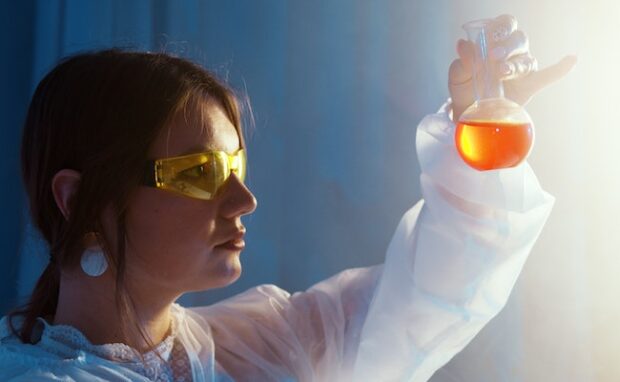AI helps create antibodies for unique treatments
An AI medical firm uses machine learning to create antibodies never before seen. The LabGenius system quickly combines hundreds of thousands of options to produce a few potentially effective samples. The model avoids common human practices, allowing it to generate results most researchers wouldn’t think possible.
Artificial intelligence is more than ChatGPT and media-generating tools. Other industries use technology to enrich our lives in ways you’ve never imagined. Specifically, the field of medicine uses AI to produce new treatments and medications. Soon, you will have AI to thank for your next prescribed drug or procedure.
This article will discuss how LabGenius creates AI antibodies. Later, I will cover other projects that apply artificial intelligence to medicine, such as Google’s medical chatbot.
Why use AI to create antibodies?
Antibodies are immune system proteins that attach to bacteria, viruses, and other antigens. As a result, your body can get rid of them and maintain your health.
Pharmaceutical companies have been creating synthetic antibodies since the 1980s. They help treat diseases like cancer and help a recipient’s body accept a transplanted organ.
However, it is a slow process requiring protein designers to sift through millions of potential combinations of amino acids. Next, they must test them all and adjust the variables until they produce an effective result.
“If you want to create a new therapeutic antibody, somewhere in this infinite space of potential molecules sits the molecule you want to find,” says LabGenius founder and CEO James Field.
Wired said the medical firm created a machine-learning model to produce an antibody from millions of possible combinations quickly. Consequently, it made antibody development faster and easier than humans doing it manually.
“The only input you give the system as a human is, here’s an example of a healthy cell, here’s an example of a diseased cell,” the CEO said. “And then you let the system explore the different [antibody] designs that can differentiate between them.”
You may also like: Israeli AI facilitates military operations
The AI program chooses more than 700 initial options from 100,000 potential antibodies. Afterward, it designs, builds, and tests them automatically.” Meanwhile, humans oversee the process by moving samples from one machine to another.
It learns from experimental results, increasing the chances of producing better results. As a result, it is significantly more efficient than human protein designers.
They must determine the right combination of attributes to maximize benefits and minimize risks, drastically slowing down the process. Also, people can only perform tests a few times, leading them to follow common practices that limit discovery.
What are the other AI health projects?
LabGenius’ AI antibodies aren’t the only health application of artificial intelligence. Google is also developing a medical chatbot for hospitals. Initial tests reveal it is better at reasoning and providing consensus-supported answers than doctors.
It requires further research and development before it is ready. Also, researchers from McMaster University and the Massachusetts Institute of Technology created an AI model similar to LabGenius’, but for a superbug.
They want to create a treatment for Acinetobacter baumannii, a superbug that infects hospitals. They chose thousands of medicines with known chemical structures and tested them on A. baumannii to see which could slow down or eliminate it.
You may also like: First-ever AI-generated drug begins clinical trials
Then, they tested their AI model on 6,680 compounds to produce a shortlist of 240. Next, they tested the latter to narrow down their options to nine.
The researchers found abaucin to be the most suitable candidate. It can treat infected wounds in mice and kill samples from patients. However, Dr. Jonathan Stokes from McMaster University noted, “This is when the work starts.”
They must refine the medicine in the laboratory and perform clinical trials. Dr. Stokes expects the first batch to take until 2030 when it will be ready for prescriptions.
Conclusion
LabGenius created a machine-learning model that can develop synthetic antibodies faster than human protein designers. As a result, it could facilitate making drugs for previously untreatable diseases.
James Field believes it can revolutionize medical research. “You find molecules that you would never have found using conventional methods,” he stated.
“They’re very distinct and often counterintuitive to designs that you as a human would come up with—which should enable us to find molecules with better properties, which ultimately translates into better outcomes for patients.”

